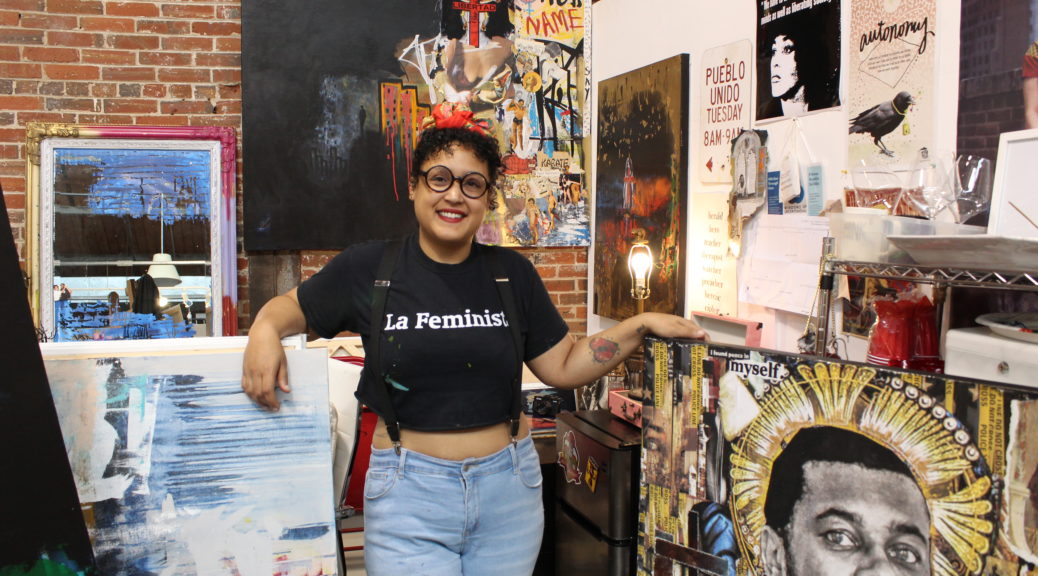By: McKenna Samson
In March 2020, Governor Murphy ordered citizens in New Jersey to stay at home and abide by a state-mandated curfew. Shortly after, many individual businesses were shut down to abide by the state health orders. Suddenly, life as we all knew it changed indefinitely. Now, in October, businesses and essential social services, such as Homefront, are adjusting to a new normal.
Ruthann Traylor, the executive director of Homefront’s ArtSpace and SewingSpace, oversaw all of the changes the programs and its artists had to make in the time since New Jersey adjusted its health guidelines for the COVID-19 virus.
“The Pandemic has affected HomeFront’s ArtSpace like many art programs. We had to assess how we could deliver our service while following safe guidelines.” Traylor stated. Some of these guidelines included limiting the number of people participating in ArtSpace and requiring masks to be being worn at all times throughout the HomeFront agency. For further protection, they were able to install plastic shields between tables, sanitize regularly, and make art bags filled with supplies, so families could keep their own supplies.
Though the implication of the safety and health guidelines changed the appearance of ArtSpace, it did not change the artistic spirit. “We felt art was imperative that ArtSpace participants were able to create, so we adjusted, shifted how we work, and embraced the time to innovate/create in ways that were safe to all.” Traylor continued. “One of the outcomes we started to work outside and created the beginnings of an Art Garden, built movable walls to create our own exhibition space in a Blue Garage located on the premises of HomeFront’s Family Campus in Ewing. We also did weekly art supply drop off for artists that needed supplies living in the community.”
Though in the midst of this global pandemic, ArtSpace artists have channeled their emotions to continue to create pieces.
“For the participants that were involved–former residents, too–they needed to be able to create more than ever. As so many of us were stuck at home, artists needed an outlet to channel the emotions. I was amazed at the amount of work many of the clients living in the community created while home. I could see that the art was their pastime, outlet, their passion too. I think in some ways uncertain times challenges people to pivot how they work and think creatively, problem-solve, and embrace innovation.” Traylor continued.
“For me personally this has been a very creative time as I love challenges and how to use innovation to problem-solve and grow,” said Traylor.
Though social distancing guidelines and mandatory masks are enforced, outside volunteers are not allowed into the facilities. ArtSpace is still operating under, otherwise normal circumstances. The artists will be participating in ArtJam from November 14th – December 12th. The ArtSpace artists will be selling Holiday cards, benefitting Homefront families. Please consider sending a holiday wish to family/friends that will impact lives in our community information regarding the holiday cards can be found here: www.homefrontnj.org/artspace/






